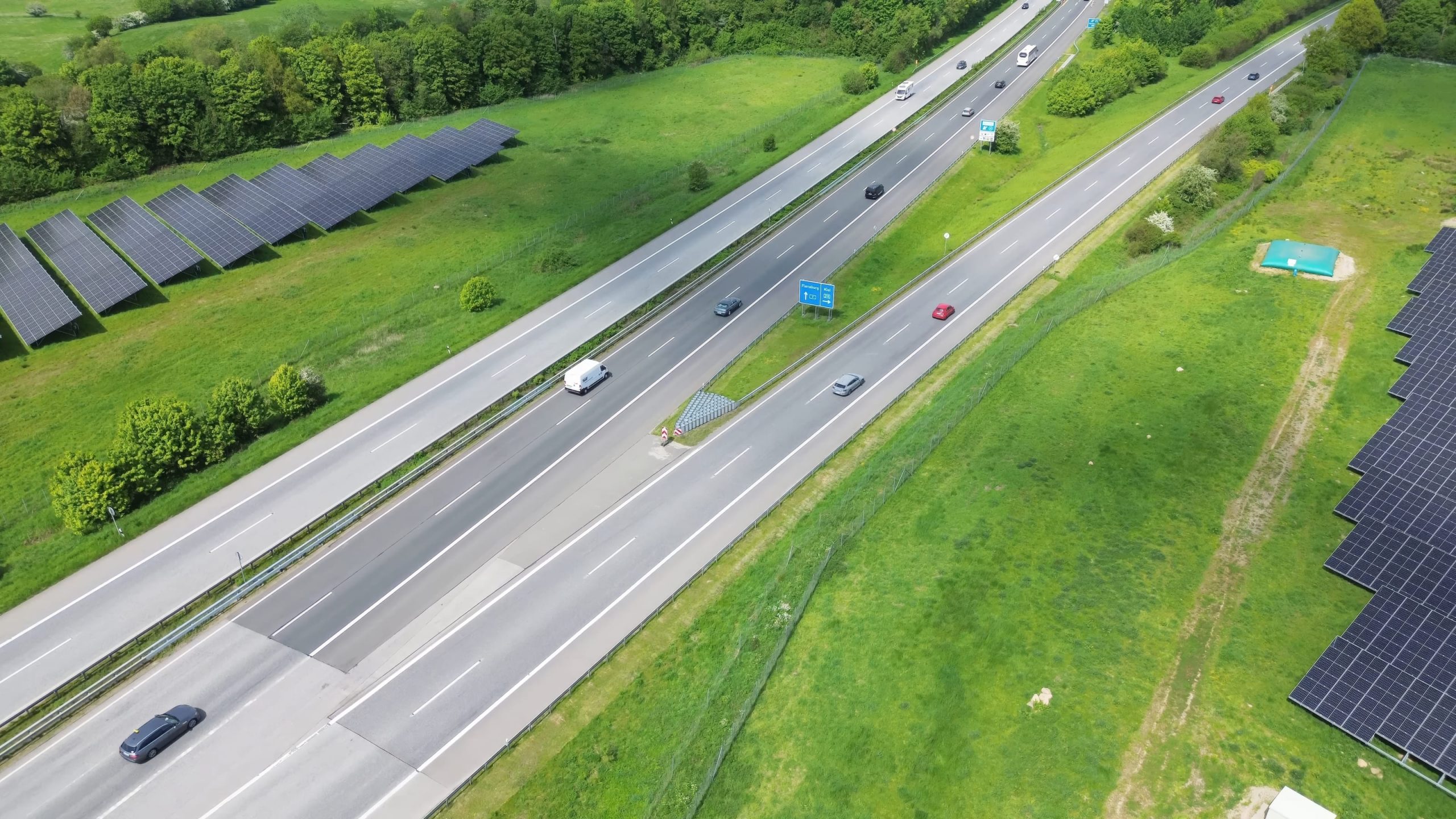Sustainable Logistics Practices: Live In The Green World
- 5 August 2024
- 7 min to read
- 515 views

The logistics industry is a backbone of global commerce, enabling the swift and efficient movement of goods across continents.
However, this efficiency comes with a significant environmental cost, primarily in the form of greenhouse gas emissions and resource depletion. For instance, according to World Bank Blogs, logistics accounted for nearly 10% of global GHG emissions in 2019. Without substantial changes, these emissions are expected to continue rising rapidly. It's important to know and understand this.
As awareness of climate change and environmental sustainability grows, the logistics sector faces increasing pressure to adopt greener practices. Sustainable logistics is not just about reducing carbon footprints; it's about rethinking the entire supply chain to create more resilient, eco-friendly, and cost-effective systems.
At Meest International, we recognize the vital importance of integrating sustainable logistics practices into our operations. By focusing on innovative solutions, we aim to minimize our environmental impact while maintaining the highest standards of service. Our commitment to sustainability is not just a corporate responsibility but a strategic advantage that aligns with our vision of creating a better future for our planet and our customers.
The Importance of Sustainable Logistics
Studies reported by SpringerLink indicate that optimizing logistics operations can reduce CO2 emissions by up to 30% by 2030.
Efficient logistics practices can dramatically reduce carbon footprints by optimizing transportation routes, minimizing empty miles, and employing greener modes of transport such as electric vehicles and rail freight.
Moreover, sustainable logistics help conserve natural resources by implementing eco-friendly packaging and energy-efficient warehousing. Companies that prioritize sustainability not only help protect the environment but also gain a competitive edge through cost savings and enhanced brand reputation. Embracing sustainable logistics practices aligns with global efforts to combat climate change and promotes a healthier planet for future generations.
Key Sustainable Logistics Practices
Optimizing Transportation Routes: Using advanced routing software helps plan efficient routes, reducing fuel consumption and emissions.
Green Warehousing: Implementing energy-efficient lighting, renewable energy sources, and proper insulation in warehouses can significantly lower energy usage.
Eco-friendly Packaging: Utilizing recyclable and biodegradable packaging materials reduces waste and promotes sustainability.
Electric Vehicles: Transitioning to electric delivery vehicles can drastically cut down on emissions. Many logistics companies are investing in electric fleets.
What Are The Benefits?
Sustainable logistics offer companies a myriad of benefits, foremost among them being cost savings. By optimizing transportation routes, reducing fuel consumption, and implementing energy-efficient practices, businesses can significantly lower operational expenses. Investing in electric vehicles, utilizing alternative fuels, and enhancing supply chain efficiency not only cuts costs but also reduces dependency on volatile fossil fuel markets. Additionally, sustainable logistics practices often lead to less waste production, which translates to lower disposal and regulatory compliance costs, further boosting a company's bottom line.
Excellent Brand Image for Years Ahead
Adopting sustainable logistics practices not only contributes to environmental conservation but also enhances a company's reputation, positioning it as a responsible and forward-thinking leader in its industry. Consumers today are increasingly aware of and concerned about environmental issues, with a significant majority preferring to support businesses that demonstrate a commitment to sustainability. This preference is reflected in purchasing decisions and loyalty, translating into a competitive advantage for businesses that adopt green logistics practices. Additionally, sustainable practices often lead to cost savings through improved efficiency, reduced waste, and lower energy consumption, further boosting the bottom line.
Let's Sum Up
Incorporating sustainable logistics practices is not just an environmental imperative but also a strategic business advantage. By optimizing routes, adopting green technologies, and improving energy efficiency, companies can significantly reduce their carbon footprint and operational costs. These efforts contribute to a healthier planet while also enhancing a company’s reputation and competitive edge in an increasingly eco-conscious market. Sustainable logistics align with global regulatory trends and stakeholder expectations, ensuring businesses remain compliant and attractive to investors.
At Meest International, we are dedicated to pioneering sustainable logistics solutions that benefit both our customers and the environment. Join us in making a positive impact on the future of logistics. Learn more about our initiatives here.




